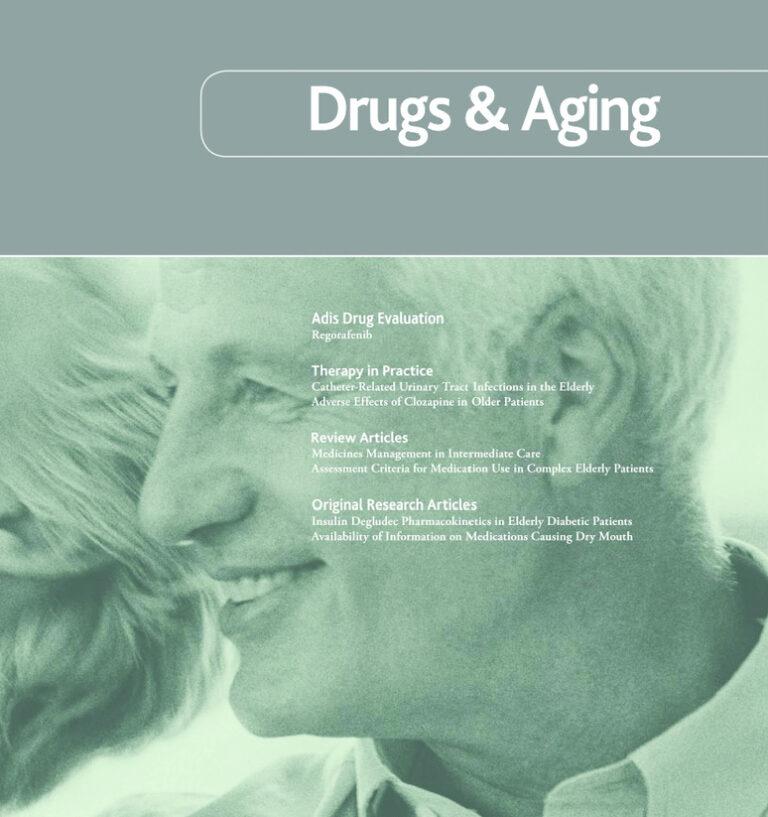News On The Green: Fda Vs. Cbd


Drugs & Aging
Adis Journals
Latest Article|September 3, 2020|Free
::Making Grown Men Cry Since 1992


Drugs & Aging
Adis Journals